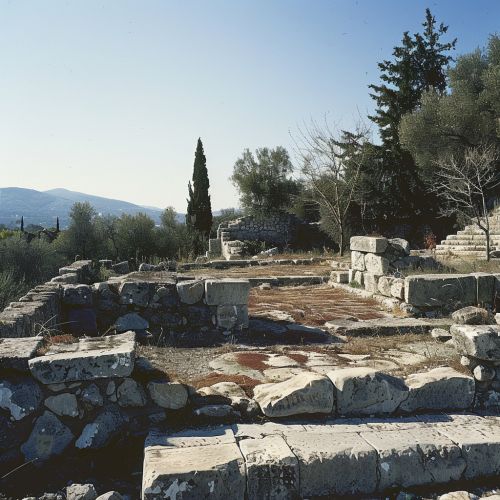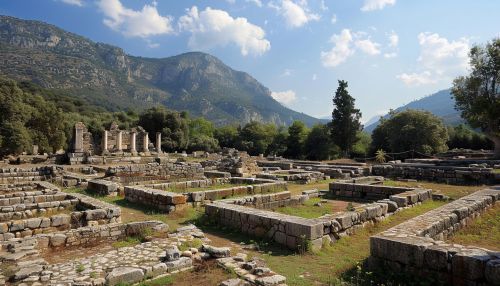Parmenides
Early Life and Education
Parmenides was born in the Greek colony of Elea (now Velia), which was located in southern Italy. He was a prominent figure in the Eleatic School of philosophy, which was named after his hometown. The exact dates of his birth and death are not known, but it is generally accepted that he was active around 475 BCE. Parmenides was a student of the Pythagorean philosopher Ameinias, and he was also influenced by the teachings of Xenophanes.


Philosophical Ideas
Parmenides is best known for his argument that reality is unchanging and that all change is an illusion. This argument is presented in his only surviving work, a poem called "On Nature". In this poem, Parmenides describes a journey to the realm of the goddess of truth, where he is taught the nature of reality.
Parmenides argues that reality is a single, unchanging, and indivisible entity, which he refers to as "the One". He claims that the One is eternal, ungenerated, and indestructible. This idea is often referred to as Monism, the philosophical belief that all of reality is of one kind or substance.
Parmenides also argues against the possibility of non-existence. He claims that it is impossible to speak or think about something that does not exist. This argument is often referred to as the "Parmenidean Principle".
Influence and Legacy
Parmenides' ideas had a profound influence on the development of Western philosophy. His arguments against change and non-existence challenged the prevailing views of his time and forced other philosophers to develop new theories to account for the apparent changes in the world around them.
Parmenides' influence can be seen in the work of his student Zeno of Elea, who is famous for his paradoxes that aim to prove the impossibility of motion. Parmenides' ideas also influenced the development of Platonic philosophy, as Plato's theory of Forms can be seen as a response to Parmenides' arguments.
Despite the difficulty of his ideas, Parmenides is often regarded as one of the most important pre-Socratic philosophers. His arguments continue to be studied and debated by philosophers today.
